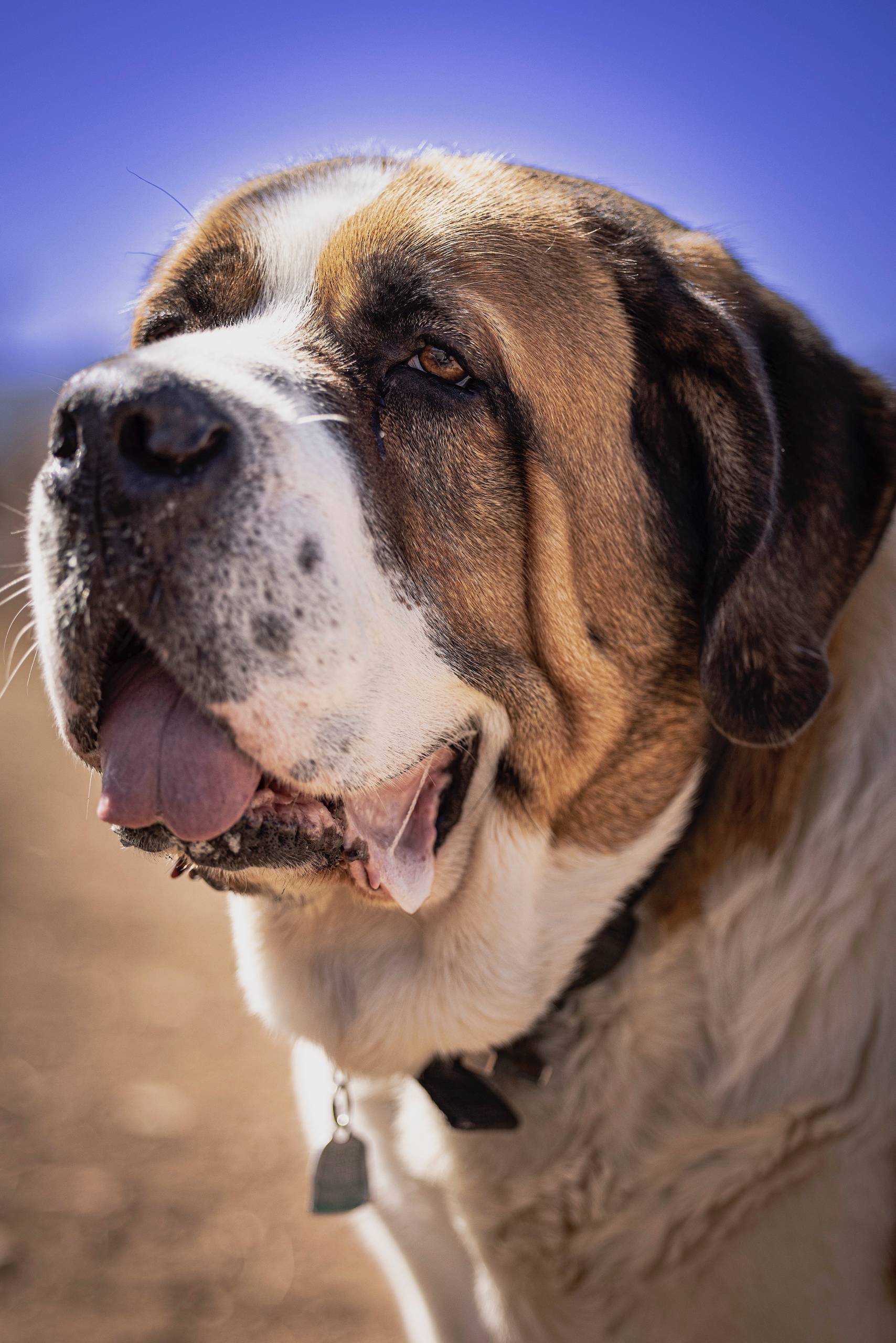Bringing a new puppy into your home is an exciting time, filled with joy and anticipation. One common question for new puppy owners revolves around when puppies begin to eat solid food and drink water. Understanding this transition is essential for your puppy’s health and development.
Early Life and Nutrition
Puppies are born with a natural instinct to nurse from their mother. In the first weeks of life, they rely solely on their mother’s milk for nourishment. This milk is rich in nutrients and antibodies that protect them from diseases and support their early growth. The first few days of a puppy’s life are crucial, as the mother’s colostrum—the first milk produced after giving birth—contains high levels of antibodies, vital for building a puppy’s immune system.
The Weaning Process
Around three to four weeks of age, puppies begin showing signs of readiness to eat solid food. They start exploring their environment, and their teeth begin to emerge. This is a natural part of their development. The process of weaning typically starts at this age, gradually transitioning from mother’s milk to solid food. Care and attention are essential during this phase.
When puppies begin to eat solid food, selecting the right type is important. Puppy food is specifically formulated to meet the dietary needs of growing dogs, containing a balance of protein, fats, vitamins, and minerals essential for healthy growth. Look for high-quality puppy food that lists meat as the first ingredient, avoiding fillers and artificial additives. Soft, moistened food can be more appealing to young puppies, facilitating the transition from nursing.
Feeding Guidelines
As you start offering solid food, provide it in small, manageable portions. A mixture of puppy food and water or puppy formula to create a soft mash can help ease the transition and make the food more palatable. Offer the food multiple times a day, aiming for four small meals to meet their energy needs.
By six to eight weeks of age, most puppies have fully transitioned to eating solid food and should have access to fresh water. Puppies will start to drink water on their own, but ensuring they have a clean and accessible source at all times is critical for hydration and overall health. Active and playful, puppies can easily become dehydrated, especially during vigorous play or in warm environments.
Monitoring Health and Growth
Keeping an eye on your puppy’s eating and drinking habits is crucial during this time. While puppies may be enthusiastic eaters, they can also be picky. If a puppy seems disinterested in food, it may indicate an underlying issue. Monitoring their weight and overall health, along with regular vet check-ups, is essential for tracking growth and ensuring they receive appropriate vaccinations and preventive care.
Adjusting your puppy’s diet as they grow is also vital. Puppies have different nutritional needs than adult dogs, and their food should reflect that. Most will be ready for adult dog food by one year of age, but this can vary by breed. Larger breeds may require puppy food for a more extended period due to their slower maturation rate. Consult your veterinarian for specific recommendations based on your puppy’s breed and size.
Socialization and Routine
Socialization and training play a significant role in a puppy’s development. While focusing on their physical needs, providing mental stimulation and socialization opportunities is equally important. Exposing your puppy to different environments, people, and other animals helps them grow into well-adjusted adult dogs. Positive experiences during this stage lay the foundation for their behavior later in life.
Establishing a consistent feeding schedule helps your puppy learn when to expect meals, reducing anxiety related to food and assisting with house training. Puppies thrive on routine, making feeding and potty training more manageable.
Treats and Health Considerations
In addition to food and water, consider the importance of treats in your puppy’s diet. Treats can be useful for training and rewarding good behavior. However, choosing healthy options and accounting for treats in your puppy’s overall caloric intake is essential. Overindulgence can lead to obesity and other health issues, so moderation is key.
As your puppy grows, you’ll notice changes in their appetite and drinking habits. Growth spurts can lead to increased hunger, while teething may temporarily alter food preferences. Paying attention to these changes and adjusting their feeding accordingly is important. Maintaining a dialogue with your veterinarian can help navigate these phases and ensure your puppy receives the necessary nutrition.
Health and Well-Being
Puppies are prone to certain health issues, including parvovirus, distemper, and kennel cough, which can pose significant risks during their early months. Ensuring your puppy receives vaccinations and proper medical care is essential for their well-being. The journey of feeding and caring for your puppy can be challenging yet rewarding. Witnessing your puppy grow and thrive is a joy that every pet owner experiences. By providing the right nutrition, care, and love, your puppy will flourish and bring joy to your life for many years to come.



